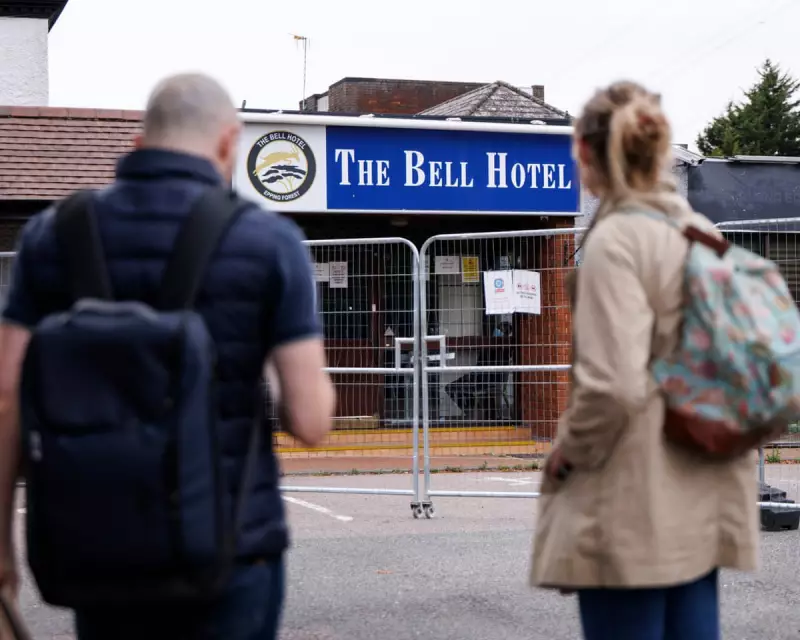
The Home Office has pledged a dramatic acceleration in its programme to shut down hotels used for housing asylum seekers, with a 'significant increase' in closures promised for the early part of 2026.
In a bold statement, officials declared that the number of hotels being decommissioned will see a 'big surge' after the new year, marking a decisive shift in the government's approach to managing the asylum system. This move is a central part of the strategy to reduce the immense cost of temporary accommodation, which currently runs into millions of pounds daily.
A Strategy Driven by Falling Numbers and New Facilities
The confidence to embark on this closure drive stems from two key factors. Firstly, the number of small boat crossings across the Channel has seen a notable decrease. Secondly, the government is pivoting towards housing asylum seekers in larger, more centralised facilities, which are deemed more cost-effective and secure than scattered hotels.
These alternative sites include the former RAF base at Wethersfield and the Bibby Stockholm barge in Portland Port, despite the latter facing significant controversy and legal challenges over its suitability.
The Challenge of a Backlogged System
However, this optimistic timeline faces a formidable obstacle: the colossal backlog of asylum cases awaiting decision. While the Home Office has made progress in clearing older claims, tens of thousands of individuals remain in a state of limbo, dependent on state-provided accommodation.
Critics and local government leaders have expressed deep scepticism, pointing out that the plan's success is entirely contingent on the Home Office's ability to process these claims at an unprecedented rate. Without a drastic reduction in the backlog, the promised hotel closures may simply not be feasible, potentially leaving thousands without viable housing options.
The announcement, therefore, sets a high-stakes target for the government, linking the political promise of cutting immigration costs directly to the operational efficiency of the UK's beleaguered asylum processing system.





